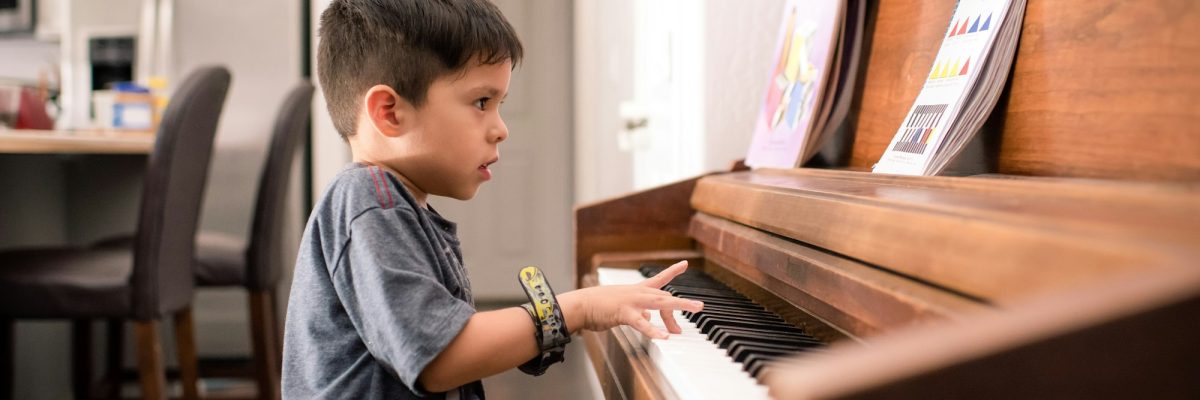Embarking on the journey of learning piano is both exciting and challenging. As a beginner, the world of keys, chords, and melodies can seem overwhelming. However, with the right approach and some essential practice tips, you can navigate your way through the initial stages of piano playing with confidence and enjoyment.
1. Start with the Basics
Before jumping into complex pieces, focus on the fundamentals. Learn the names of the keys, basic chords, and scales. This foundation is crucial for understanding more advanced concepts later on.
2. Consistent Practice Schedule
Set aside a specific time each day for practice. Consistency is key in developing your skills. Even just 15-30 minutes of focused practice each day can lead to significant improvements over time.
3. Use a Metronome
Rhythm and timing are essential in piano playing. Using a metronome during practice helps you develop a strong sense of timing and tempo. This is crucial for playing pieces accurately.
4. Break Down Pieces into Sections
When learning a new piece, break it down into smaller, manageable sections. Master each section before moving on to the next. This approach makes learning less daunting and more efficient.
5. Focus on Finger Positioning
Proper finger positioning is vital. Pay attention to which fingers you use for each key as recommended in your music sheets. This practice will improve your dexterity and speed over time.
6. Listen to Professional Recordings
Listening to how professionals play can be incredibly inspirational and educational. It helps you understand how a piece should sound and can give you ideas on phrasing and expression.
7. Practice Slowly
Start by practicing new pieces slowly, focusing on accuracy rather than speed. Gradually increase the tempo as you become more comfortable with the notes and rhythms.
8. Use Technology
There are numerous apps and online resources available for beginner piano players. These can include tutorials, practice exercises, and even games to make learning more enjoyable.
9. Don’t Ignore Theory
Understanding basic music theory can significantly aid your piano playing. It helps in reading music, understanding chord progressions, and composing your own music.
10. Stay Patient and Positive
Learning an instrument takes time and effort. Stay patient, and don’t get discouraged by mistakes or slow progress. Celebrate small victories along the way.
Remember, the journey of learning piano is a marathon, not a sprint. Enjoy the process, and don’t hesitate to seek guidance from teachers or more experienced players. With dedication, practice, and a love for music, you’ll find yourself making beautiful music in no time.
Happy practicing!

A native of Florida, Cindy grew up with a rich family history of music. Starting with piano at age 9, she added flute and other instruments to her repertoire in junior high. She made all-county band and played piano for her school’s jazz band and show choirs. Throughout her teen years, she also had opportunities to perform in her local community in churches, assisted living facilities, plays, and productions. While pursuing her college degree in education, she traveled as the pianist for a college-sponsored singing group in 48 states over five summers. She has now been teaching music, including instruments and voice, since 1995. She has instructed students of all ages and skill levels, and many of her students from decades past now are teaching their own music students.



